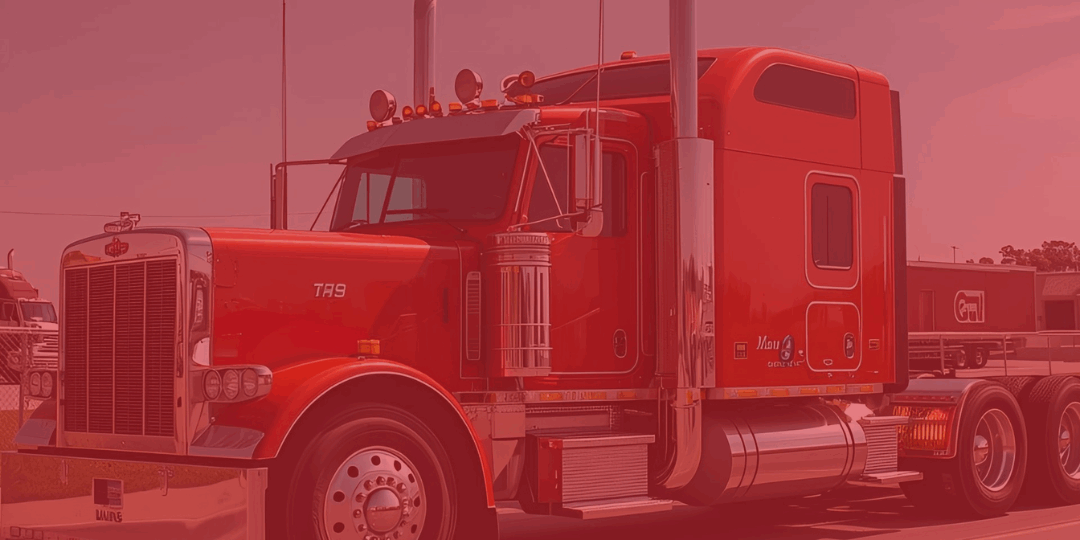On a recent overnight stretch in Southeast Texas, an oversized load veered off Highway 73 and became stuck — triggering a complete closure of the roadway for 12 hours. According to local reporting, wrecker crews worked through the night to free the vehicle and reopen vital traffic arteries.
This seemingly isolated incident offers several lessons relevant to transportation law, municipal liability, and public safety — topics at the heart of Ben Bronston & Associates’ practice. As more freight and heavy-haul operations traverse our highways, the risk of catastrophic disruption — or worse, personal injury — increases. Below, we explore key takeaways and how communities, operators, and plaintiffs may respond when such events occur.
1. Risk of Roadway Disruption and Public Harm
A 12-hour closure of a major highway is more than an inconvenience. It affects emergency services, commuter routes, supply chains, and the local economy. In such scenarios, delays in medical transport or emergency response can have real consequences. When an oversized vehicle becomes stranded, the downstream effects ripple far beyond the immediate scene.
For plaintiffs or municipalities seeking accountability, establishing causation — i.e. linking the stuck load to any resulting harms — becomes a critical legal hurdle. Did the operator violate permitting rules or routing requirements? Was proper signage or escort in place? These questions often decide whether liability is well founded.
2. Permitting, Oversize Loads, and Regulatory Compliance
Hauling oversized loads is legal — when done in compliance with state and local permits, regulations, and safety protocols. Mistakes or deviations from the plan present an opening for legal challenges. Examples of missteps include:
-
Exceeding approved dimensions or weights
-
Neglecting required escort vehicles or pilot cars
-
Failing to secure proper route approval (e.g. avoiding weight-restricted bridges)
-
Omitting notice to local authorities
If any of these failures contributed to the incident on Highway 73, they could form the basis of negligence or regulatory claims.
3. Duty of Care: Municipalities, Contractors & Operators
Liability doesn’t rest solely on the truck operator. Municipalities and departments of transportation have a duty to set and enforce safe routing standards. They must also inspect, maintain, and monitor road conditions, signage, and permit processes. If oversight or enforcement is lax, a harmed party may assert claims against multiple defendants.
From the operator’s side, risk mitigation often involves securing robust insurance, conducting route recon, maintaining rigorous driver training, and coordinating with local authorities. Such steps are not mere formalities — they can become critical evidence in litigation.
4. Prompt Response and Mitigation Efforts
In the Highway 73 case, crews worked overnight to free the load, reopening the route after half a day of disruption. A swift response is not just good practice — it may affect liability exposure. Delays exacerbate harm and may be held against operators or governmental bodies in court. Parties facing an incident should document every step: time stamps, logs of coordination, photographs, traffic diversion plans, and communications with emergency responders.
5. Claims, Damages & Recoverable Losses
When an oversized load causes a long highway closure, the potential claims can be diverse:
-
Economic damages (lost business, delivery delays)
-
Emergency service costs and overtime
-
Property damage to infrastructure
-
Personal injury (if a crash or secondary incident occurred)
-
Costs of cleanup, removal, and road repair
Any party may pursue compensation — be it a local governmental entity, a business in the disruption zone, or affected individuals.
Conclusion
The Highway 73 incident is a stark reminder: as heavy-haul traffic becomes more common, the intersection between logistics and liability sharpens. For plaintiffs seeking recovery or defense counsel working with operators and municipalities, vigilance in permitting, safety protocols, and incident response is essential.
At Ben Bronston & Associates, we specialize in navigating these complex claims. Whether you are an individual impacted by a roadway incident or an entity seeking to manage risk in heavy-haul operations, we welcome the opportunity to discuss your case and help you pursue the best outcome.
Call 713.CALL.BEN ( 713-225-5236 ) or email us for a FREE and CONFIDENTIAL consultation.
[Disclaimer: This blog post is for informational purposes only and does not constitute legal advice.]










